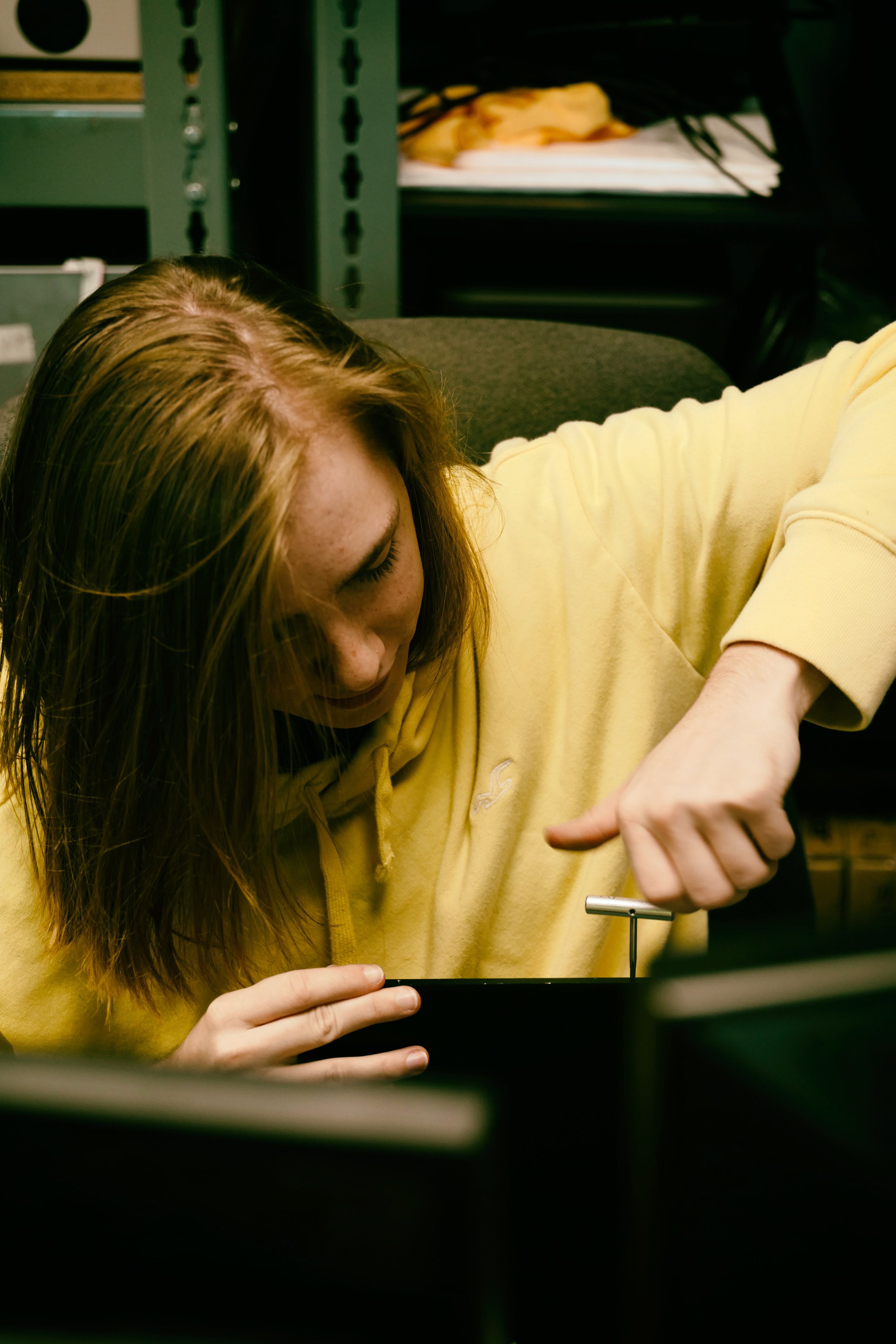The Single Strategy To Use For Spectrophotometers
Wiki Article
The 6-Minute Rule for Circularly Polarized Luminescence
Table of ContentsGetting My Uv/vis/nir To WorkGet This Report on Circular DichroismThe smart Trick of Circular Dichroism That Nobody is Talking AboutThe Best Guide To SpectrophotometersHow Circular Dichroism can Save You Time, Stress, and Money.

Spectrophotometry is a tool that hinges on the quantitative analysis of particles depending on how much light is absorbed by colored compounds.
More About Uv/vis/nir
A spectrophotometer is commonly used for the measurement of transmittance or reflectance of solutions, transparent or opaque solids, such as polished glass, or gases. Although lots of biochemicals are colored, as in, they absorb noticeable light and therefore can be determined by colorimetric procedures, even colorless biochemicals can often be transformed to colored compounds suitable for chromogenic color-forming responses to yield compounds appropriate for colorimetric analysis.: 65 Nevertheless, they can likewise be developed to measure the diffusivity on any of the listed light varieties that usually cover around 2002500 nm utilizing various controls and calibrations.An example of an experiment in which spectrophotometry is utilized is the determination of the stability constant of a service. A particular chain reaction within a solution may take place in a forward and reverse instructions, where reactants form items and products break down into reactants. At some time, this chain reaction will reach a point of balance called a balance point.
Everything about Circular Dichroism
The amount of light that goes through the solution is indicative of the concentration of particular chemicals that do not enable light to pass through. The absorption of light is because of the interaction of light with the electronic and vibrational modes of molecules. Each kind of molecule has a private set of energy levels related to the makeup of its chemical bonds and nuclei and thus will absorb light of specific wavelengths, or energies, resulting in distinct spectral properties.
They are widely used in lots of industries consisting of semiconductors, laser and optical production, printing and forensic examination, as well as in laboratories for the study of chemical compounds. Spectrophotometry is frequently utilized in measurements of enzyme activities, decisions of protein concentrations, determinations of enzymatic kinetic constants, and measurements of ligand binding reactions.: 65 Eventually, a spectrophotometer is able to determine, depending on the control or calibration, what compounds are present in a target and exactly how much through computations of observed wavelengths.
This would come as a solution to the previously created spectrophotometers which were unable to take in the ultraviolet correctly.
Fascination About Circular Dichroism
It would be discovered that this did not offer acceptable results, for that reason in Model B, there was a shift from a glass to a quartz prism which permitted better absorbance results - circularly polarized luminescence (https://www.artstation.com/julieanndesalorenz1/profile). From there, Design C was born with an adjustment to the wavelength resolution which ended up having 3 systems of it producedIt irradiates the sample with polychromatic light which the sample soaks up depending on its homes. Then it is sent back by grating the photodiode variety which finds the wavelength area of the spectrum. Considering that then, the production and execution of spectrophotometry devices has increased tremendously and has become one of the most innovative instruments of our time.

Everything about Uv/vis
The grating can either be movable or fixed.In such systems, the grating is fixed and the intensity of each wavelength of light is measured by a various detector in the range. When making transmission measurements, the spectrophotometer quantitatively compares the fraction of light that passes through a referral option and a test service, then digitally compares the strengths of the two signals and calculates the portion of transmission of the sample compared to the referral standard.

Report this wiki page